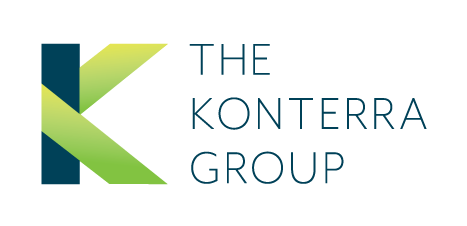Get in Touch
700 12th Street NW
Suite 700
Washington, DC 20005
We all face difficult situations from time to time in our personal lives, work lives and even with regard to our deepest motivations, beliefs and values. These are situations that demand us to mobilize every resource we have and to give the best we can. Fortunately, in most cases we can manage on our own, with a little help from our friends or with the support of our family.
Those of us who are working for humanitarian or development organizations face extraordinary demands, due to the nature of the work, the suffering we witness, and even violent or other dangers. Properly caring for staff, especially those who work in high-risk environments, is becoming more and more a ‘standard’ for many global organizations. For these companies, staff care has moved from a “feel good” benefit to an essential element in attracting and retaining employees and reducing risks. These risks include damage to the health of staff, organizational performance problems and legal liability.
The objective of any staff care program is to keep people healthy and able to perform their work at the best level. This is only possible when these programs are a regular part of managing an organization; when they are an integral element of policy and processes.
There are a number of reasons for this. Chief among them is that only when staff care is part of an organization’s “DNA” will it actually achieve its goal of preventing negative and promoting positive outcomes. Without ongoing care, relatively “small issues” can become a major problem for an employee—and their organization.
I have seen many examples through my work with international aid groups, as well as with military veterans. Some employees become depressed or disconnected and lose their motivation. This negatively impacts their performance and that of their organization.
Take Barbara, a director of communications working in the Mideast. She felt isolated and often overwhelmed by the needs her organization was seeking to meet. This manifested itself physically in a constant fatigue.
Her employer offered counseling. Eventually hesitant, Barbara eventually spoke with a trained professional via Skype. In three sessions, she was able to explore her concerns, find additional resources to assist and regain a sense of control and purpose.
Or consider Yassir, a mid-level manager supervising a team of 7 in an Asian country. He suffered a major crisis in his personal life, which spilled over into work. Yassir’s relationships with staff deteriorated, complaints were raised with his manager, and he feared losing his job. He felt as though his entire life was spiraling out of control.
Like Barbara’s, Yassir’s employer offered counseling services. He sought and gained professional advice on how to structure his personal life. This enabled him to open himself to additional insight on his management style. Yassir established a plan, implemented it and within weeks he was refocused both at home and at work. He kept his job and experienced career advancement.
These two examples could easily have have taken a different course. What seems unimportant or not relevant for one person can be of vital importance to another. The fact is, modern life is stressful. Working with and for people in distress makes it even more stressful. That stress cannot always be handled without outside assistance. Information, education and counseling are excellent instruments to help employees relieve the burden and to find balance. This is critical to individual health—psychological and physical—and organizational performance.
In the longer term, the success of regular staff care in promoting positive organizational development increases commitment to and participation in these programs. Regular staff care creates its own dynamic of positive outcomes , a self catalyzing circle of change that can only take root when staff care is viewed as more than a “one off” activity. Counseling and other staff care is essential especially in challenging or even tragic circumstances. But it is most effective when it is part of an organization’s commitment to individual and organizational improvement.
To deliver real and lasting benefits, staff care needs to become part of overall management. In the humanitarian sector, that requires explicit program funding. That is the best way to help ensure high performance that benefits staff, organizations, beneficiaries—and donors. Budgeting for and funding staff care is still in its infancy. It’s the next step in developing high performing and committed employees who can help organizations prosper in an uncertain budgetary environment.
Note: The names and persons in this article are fictional.

700 12th Street NW
Suite 700
Washington, DC 20005
